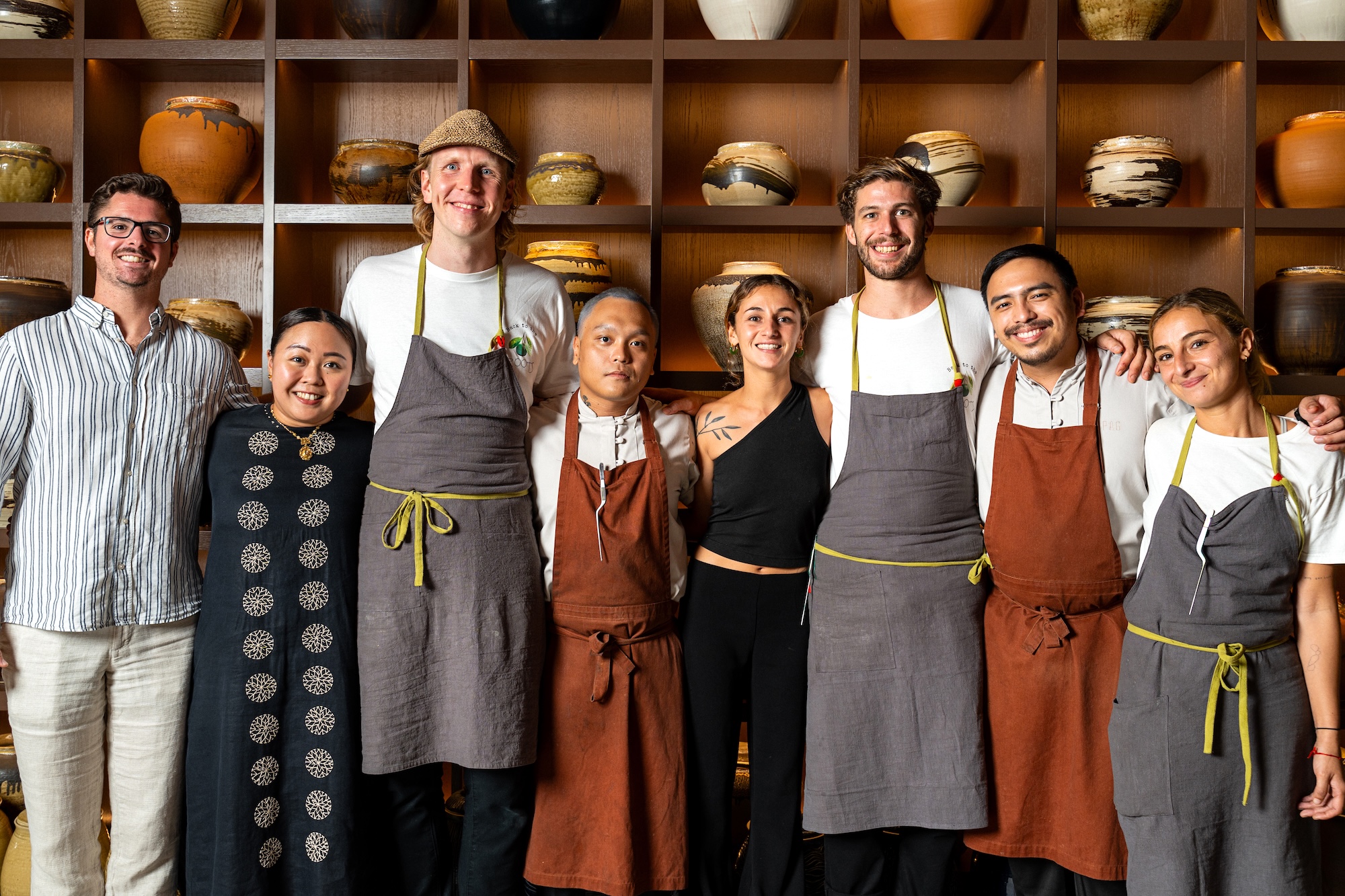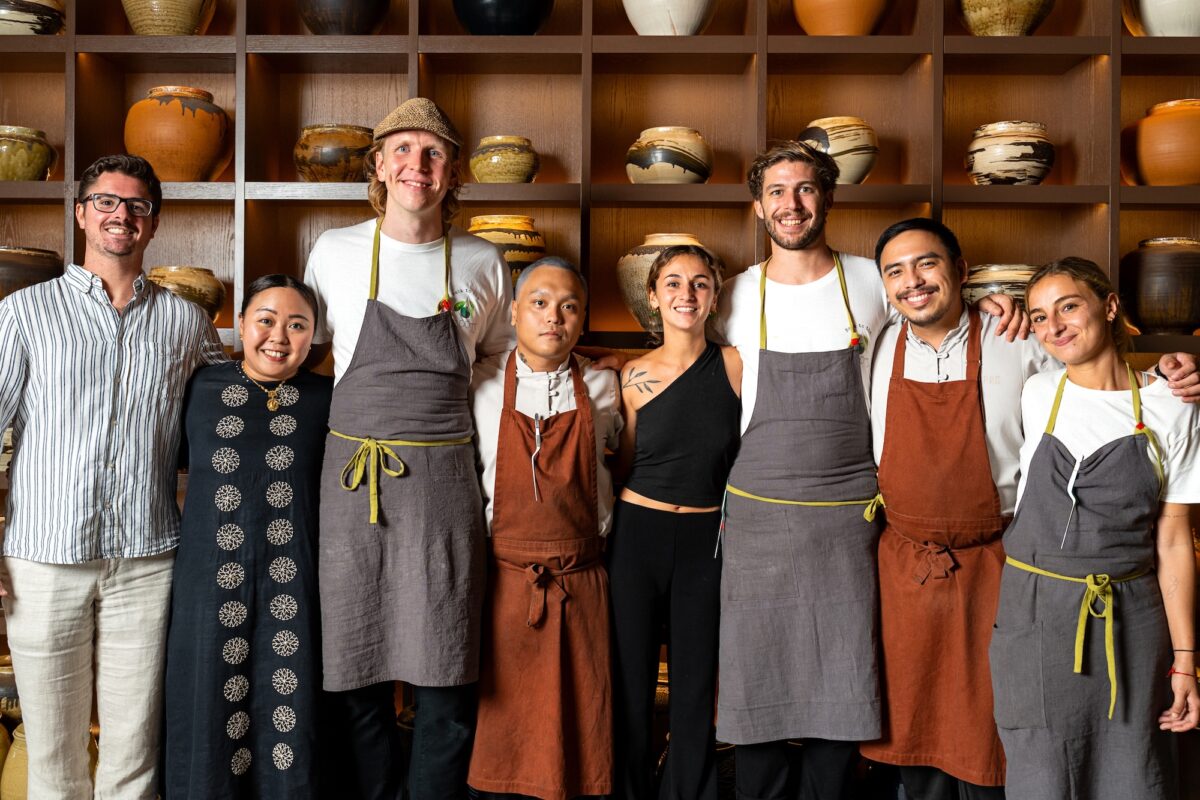
Six months following the ceremonial awarding of her Gawad sa Manlilikha ng Bayan (Gamaba) distinction in Malacañang, mabal tabih master weaver and ikat dyer Fu Yabing Masalon Dulo was given a community celebration in her hometown for achieving a feat of becoming one of the country’s living treasure.
Mabal tabih is the general term for B’laan woven cloth, but it has come to be known as the name of the specific B’laan woven textile.
The centenarian Dulo together with her fellow Bl’aan and mat weaver Estelita Bantilan of Malapatan, Sarangani, and textile weaver Ambalang Ausalin of Lamitan, Basilan were declared Gamaba awardees or “National Living Treasures” in 2016, but they were formally awarded only last October in Malacañang, coinciding with the formal awarding of six new national artists.
In an essay about Dulo, traditional art scholar Marian Pastor-Roces described her as “a venerable ikat-dyer which has a memory sharper than blades.”
She explained that Dulo’s “ikat-dyed fabrics bore stunning similarity with museum-held B’laan pieces created more than a century ago,” becoming the “focus of progressively intensifying interest” among experts.
Weaving culture
Joseph Bernan Corpuz of the National Commission for Culture and the Arts (NCCA) said weaving is intrinsic to Philippine culture. The tradition and practice is nurtured and given importance by ethnic communities and women like Dulo.
He said mabil tabih is the most challenging in terms of process and one of the most intricate of Mindanao textiles.

Corpuz explained the weaving tradition in Lamgu-o, which reflects the group’s rich artistry and culture, is the Dulo’a legacy that must be protected and preserved.
It is also important, he said, for younger generations to know and learn the art and tradition of B’laan weaving.
The B’laan ethnic group is known for its weaving skills that transcend national and international boundaries, said Corpuz.
Polomolok Mayor Honey Matti said B’laans should take pride in and promote and conserve their weaving tradition.
It would be regretful if the tradition dies, Matti said in Filipino, adding that the local government has plans to propagate abaca for the tradition to be sustained.
Dulo said she was very thankful that even at an old age, she could still weave and pass on the knowledge. She thanked the gods for enabling her to do so.

“Man gu ro bal ta la gare gu ron ani ku se Furalo I kmurong di ro, kuse Dwata I kmurong du bay ta gare gu (I could have forgotten my weaving if not because of Furalo (weaving mythical figure) guiding me, and if not God giving me guidance and wisdom too),” she said.
During the event, the NCCA Gamaba marker for Dulo was unveiled. —CONTRIBUTED
Author’s note: English translation was provided by Dulo’s relative Arjho Cariño Turner.












































